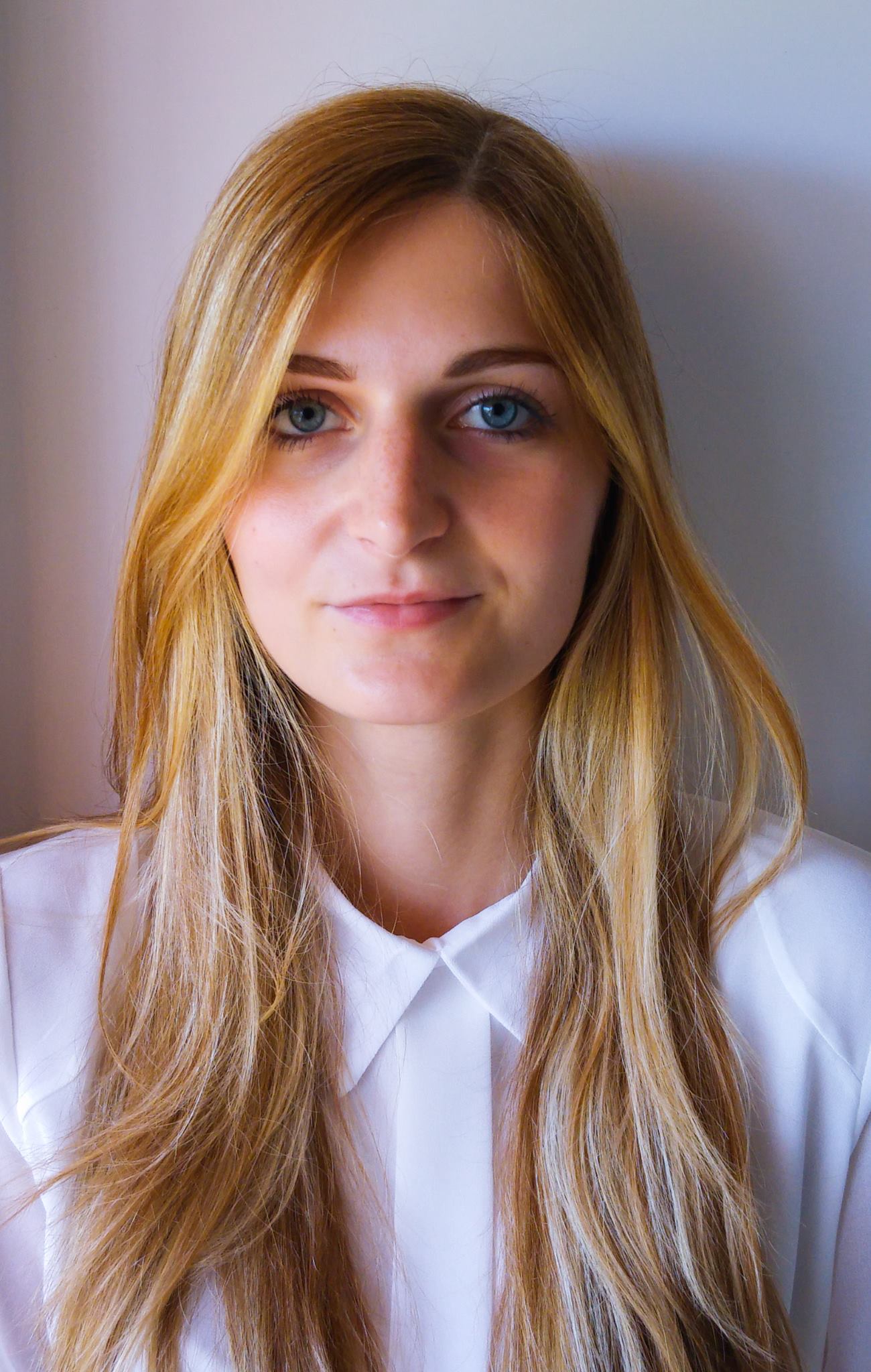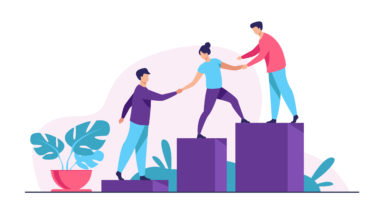
Learning something new is a process that takes time, dedication, and support. And while independent study is imperative, having a trusted ally, a mentor, throughout your learning journey is equally as important. That’s why mentorship is an integral part of every Udacity Nanodegree program.
Meet Elisa Romondia, a Data Scientist, Blockchain Developer, Udacity Mentor, and so much more. Elisa is on the Forbes list “60 Women-Led Startups That Are Shaking Up Tech Across The Globe” and co-founder of the open-source Devoleum project. She’s also received many awards like StarHer Awards‘17 and InspiringFifty, and prioritizes inspiring young girls to get involved in the STEM world.
In this Mentor Spotlight, we talk to Elisa about her impressive accomplishments, career progression, mentorship role at Udacity.
Q: Tell us a little bit about yourself and what you’re working on.
A: My name is Elisa Romondia and I’m a data scientist and blockchain developer. I have been a Udacity mentor since 2018, in the fields of Data Science, Storytelling, Product Management, and UX Design.
During COVID I’ve been using my skills to help other people with our CovidItalia open source project, a website that shows the data about the COVID-19 situation in Italy. The website includes an animated map that shows the history of the COVID-19 in each Italian region by choosing different aspects. The website is accessible, fully responsive, made to be fast even with old devices, and we want it to be available to everyone.
Q: How would you describe your education and career progression?
A: I have a Master of Science in Psychology, an educational path that has given me the statistics and cognitive sciences knowledge that I use on a daily basis on data science projects, accessibility, and when communicating with students.
Right after my degree, I developed “Dammi la mano” (an app focused on safety and accessibility) that won the TIM #WCap Prize at Digithon’16, the first official Italian hackathon.
In addition to Udacity, I work for the open-source project Devoleum, a blockchain solution that I co-founded with Lorenzo Zaccagnini in 2017. Devoleum makes it possible to digitize supply chains by notarizing the steps on Ethereum blockchain.
During the last year, we have successfully created the first official use case by tracing the Carnaroli Classico Rice supply chain which is visible on the Devoleum website.
We are currently collaborating in the agricultural, manufacturing, and digital fields and we will shortly publish new use cases regarding Italian extra virgin olive oil.
Q: Tell me a bit more about Devoleum.
A: Devoleum is an open-source project based on Ethereum Blockchain that allows you to organize data from physical or digital supply chains into meaningful stories, creating storytelling which makes each step authentic and immutable on the blockchain. The history of each product is easily accessible from any device by simply scanning a smart tag.
Q: How did you become a mentor at Udacity?
A: During 2017, I won various Udacity scholarships, the first of which was sponsored by Google on mobile web applications. Subsequently, the Bertelsmann-sponsored Nanodegrees on data science during which I was able to actively participate in the community with online and in-person meetings with other students.
At the end of 2018, I became a Udacity mentor for the Nanodegrees in the field of Data Science and then in the fields of Storytelling, Product Management, and UX Design.
Q: Have your career goals changed over time? Is there anything you’d like to share about your professional experience (challenges, advice, etc.)?
A: My goals changed from being a developer to becoming an entrepreneur. Social responsibilities change a lot, and my advocacy for gender equality is stronger than ever despite the hostilities that I encounter in my fight for equality. I face the “guilt” of being successful in a largely white, male-dominated field everyday. Impostor syndrome is a real threat and we need a supportive network to feel healthy and safe in our working environments.
The most useful skill is being focused, concentrating on a few things instead of many.
Q: As a female in a largely white, male-dominated field, do you have any advice for breaking into and excelling in tech?
A: My advice is to choose your professional network wisley and support it. My success is built on top of the success that others fought for.
Q: What would you like to see change about the tech industry?
A: It’s important to include the widest possible range of diversity in the tech industry to avoid turning great potential into something limiting and linked to our own prejudices. Today more than ever, acquiring new skills and expanding one’s knowledge is essential for both the individual and society. True progress and innovation only take place when one recognizes the human side and gives it the right value.
Q: What key advice would you give Udacity students?
A: Build a network, follow the most interesting profiles in your field of study, and always stay updated about opportunities and innovations. The tech industry changes really fast and my advice is to focus more on the people that develop tech solutions instead of the tech trends that can be obsolete in no time.



